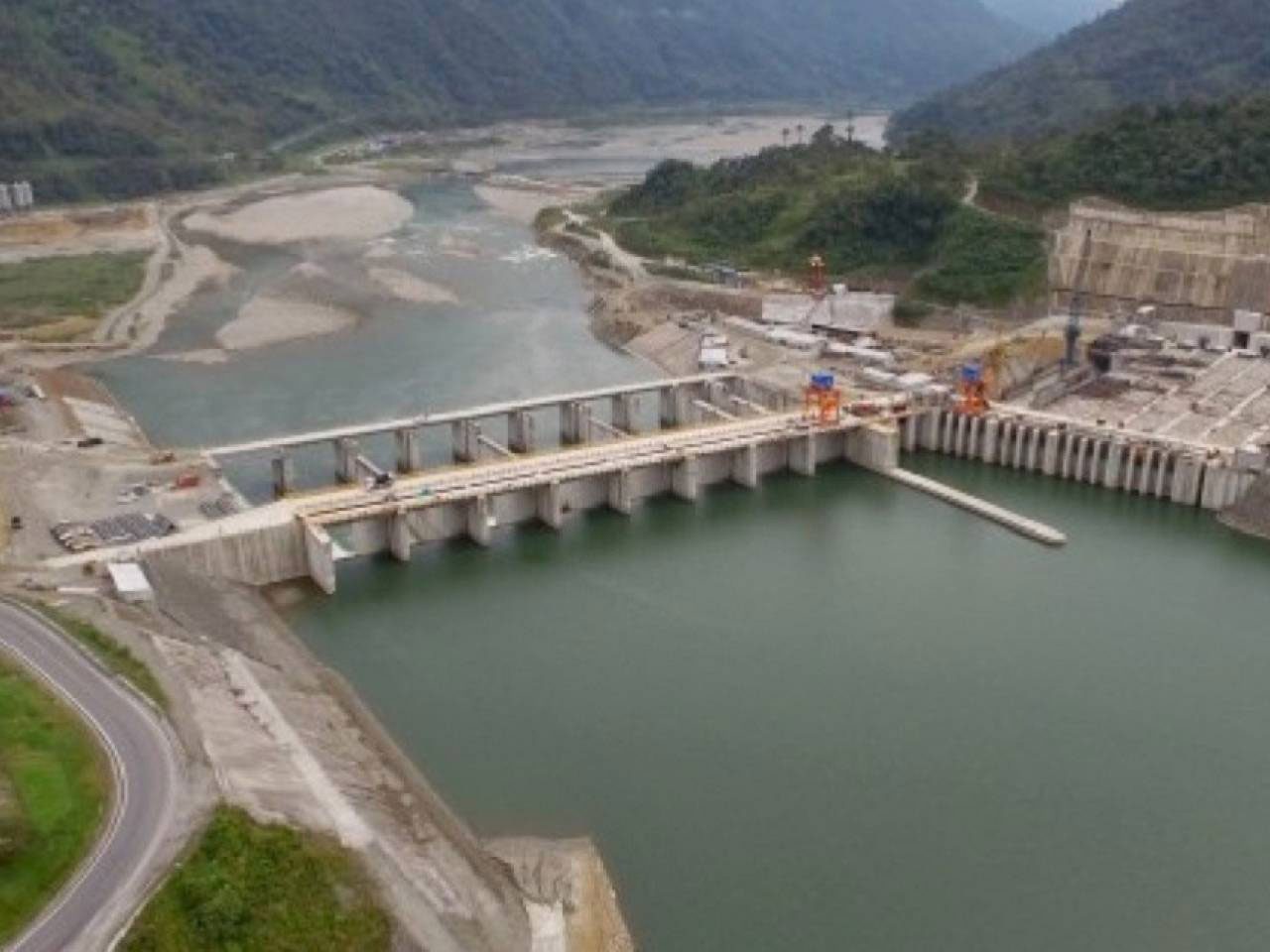The contracting of new electricity generation is still pending. According to Cenace, the country needs to incorporate 475 megawatts in 2024.
The contribution of hydroelectric plants in Ecuador has decreased in recent weeks, while at the same time Colombia has reduced electricity sales to Ecuador.
Between April 1 and 4, 2024, hydroelectric plants contributed an average of 79% of electricity to cover internal demand.
Although on April 4th, the contribution improved to 84% after the incorporation of Blower Unit II, which had failed since August 2023, it was lower compared to the indicators at the beginning of the year. In January 2024, hydroelectric plants contributed 91%.
The scenario is complicated because Colombia has reduced the sale of electricity to Ecuador to preserve its reservoirs.
In March, Ecuador imported an average of 174 megawatts of power, but this fell to 72 megawatts on April 2, 2024.
In fact, Colombia’s national energy operator, XM, has already recommended reducing the sale of electricity to Ecuador.
Electrical Crisis in Colombia
In Colombia, the level of the reservoirs used to produce electricity is at 73%, which would be enough to generate for 2.5 months if the drought worsens and the thermal plants do not turn on.
This situation has forced the country to call for electricity savings and to use thermoelectric generation, which has increased electricity costs in Colombia.
“This restriction puts us in a complicated situation, which is undeniable. But there is the will of the two countries to continue with the exchange of electricity to the extent that our reserves and our plants allow us,” said the Ecuadorian Minister of Energy, Andrea Arrobo.
When asked if more power outages are coming, she ruled out scheduled rationing but not “new disconnections.”
Quito and Guayaquil experienced surprise power outages in several sectors on March 26 and 27, 2024, despite the Government announcing on February 23rd of the same year that the electricity sector crisis had been overcome.
Arrobo attributed the disconnections of those days to the urgent withdrawal of Coca Codo Sinclair from operation, to avoid damage from an oil spill from the private OCP pipeline that affected the Coca River.
These are power outages that would not have occurred if the country had a more robust system, acknowledged the Minister of Ecuador.
We are late
The electrical consultant, Gabriel Secaira, says that Ecuador’s structural problem is its inability to incorporate the 475 megawatts of new electricity generation needed in 2024.
And he fears that they will not be able to hire contractors until the arrival of the new dry season, expected to begin in August 2024. There are only a few months left to make these contracts, which are complex, and to install the equipment, Secaira emphasizes.
“We are late with these hires,” said the consultant.
But Minister Arrobo said that electricity generation has recovered, but the problem has been the increased use of air conditioning on the Coast due to the heatwave, which has triggered demand. She said that one of the priorities is the hiring of new generation offshore or through barges.
The Minister of Energy mentioned that 145 megawatts have been incorporated, including Sopladora and Álvaro Tinajero units. Additionally, she said that in April, other units that are in the recovery process will enter, such as Minas San Francisco, a unit of Coca Codo Sinclair, among others.


0 Comments